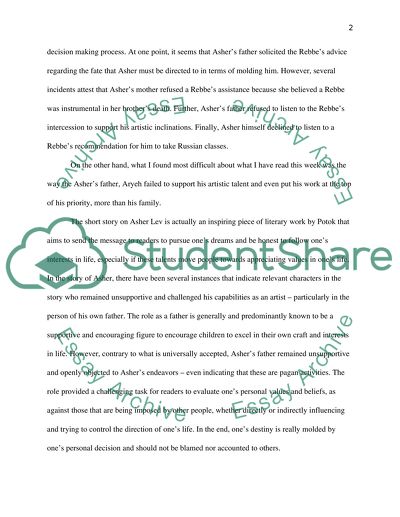Cite this document
(“My Name is Asher Lev by Chaim Potok Book Report/Review”, n.d.)
Retrieved from https://studentshare.org/english/1423933-my-name-is-asher-lev-by-chaim-potok
Retrieved from https://studentshare.org/english/1423933-my-name-is-asher-lev-by-chaim-potok
(My Name Is Asher Lev by Chaim Potok Book Report/Review)
https://studentshare.org/english/1423933-my-name-is-asher-lev-by-chaim-potok.
https://studentshare.org/english/1423933-my-name-is-asher-lev-by-chaim-potok.
“My Name Is Asher Lev by Chaim Potok Book Report/Review”, n.d. https://studentshare.org/english/1423933-my-name-is-asher-lev-by-chaim-potok.


